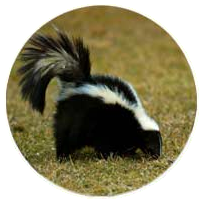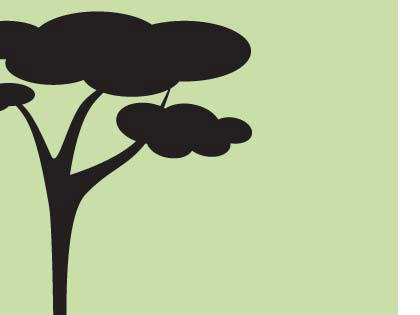Did you know?
It’s a myth that you shouldn’t put a baby bird back in its nest because the mother will sense your human smell and leave the nest. It’s not true because many birds do not have a well defined sense of smell, but the maternal instinct is stronger than any strange smell, anyway. (Some can smell quite well; the turkey vulture, who can smell for miles, and they build nests high on rocky ledges.)
Feeding bread to ducks is unhealthy for them. It is not their natural diet and could get impacted in their crop—an enlarged part of the esophagus. Once there, it blocks healthier food and could even cause disease.
Taking animals out of the wild is illegal, even if you eventually return them. Returning the animal also causes problems because it might have picked up some unusual germ (unusual to wild populations) from our homes.
Pet food should not be left outside at night. It attracts nocturnal animals like raccoons, opossums, and skunks, who will soon be regular visitors to your back door.
In fact, no food should ever be left for, or fed to, wild animals. It is probably unhealthy for them. And they are experts at finding their own food; they don’t need us!
Sometimes a baby animal left by itself is just waiting for its mother. Don’t rescue it unless you have watched it non-stop for several hours. Fawns are often “rescued,” when they are safely waiting for mom to come back from feeding.
Be aware of balloons, plastic bags, fishing line, soda can connectors, and even plastic bird netting over bushes. Animals can get tangled in, or try to eat, any of these. And harmless snakes are often caught in bird netting that reaches the ground.
Spiders are our friends. They are out there gobbling up insects around your house. If you find one inside your house, cover it with an upside-down drinking glass, slide a card underneath until the spider walks on it, and carry it outside.





